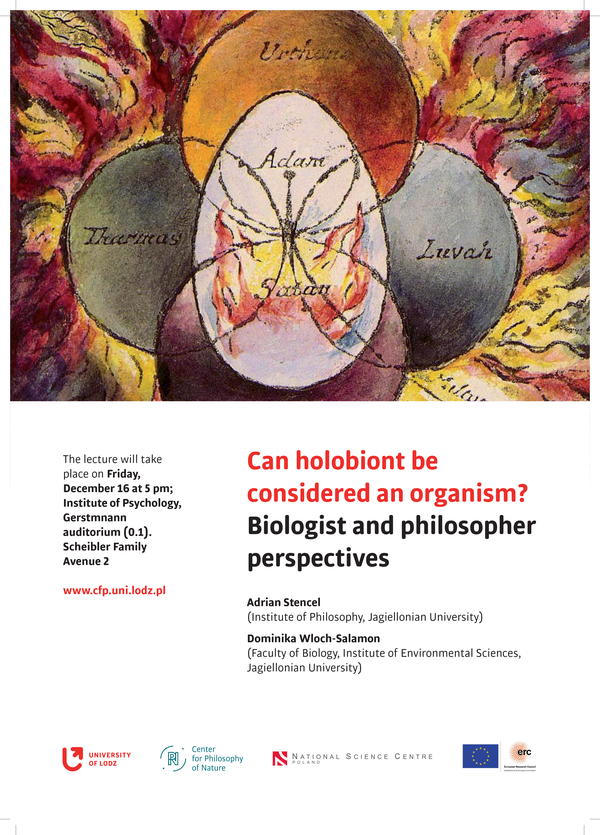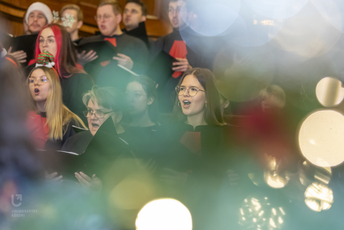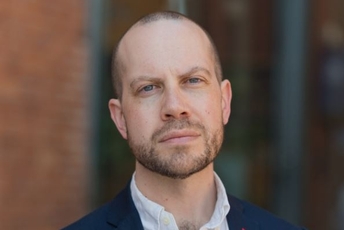The lecture will take place on Friday, December 16 at 5 pm; Institute of Psychology, Gerstmann auditorium (0.1). Scheibler Family Avenue 2 (Lodz, Poland).
The term holobiont was introduced by Margulis (1991) to describe a host along with its obligatory symbiotic microbes. The meaning was subsequently expanded to encompass a host along with all of its symbiotic microorganisms (Zilber-Rosenberg and Rosenberg, 2008). In recent years the use of the word holobiont in scientific papers has become increasingly popular. This has prompted questions about the meaning of the term. The most important question seems to be: are holobionts genuine organisms or not? It turns out that, due to the plurality of the concepts of organisms, the answer to this question ultimately depends on the concept of organism in use.
Stencel, Wloch-Salomon, 2022, p. 3

The authors develop a philosophical theory that considers the organism as a process and apply that view to determine the meaning of the term holobiont. They adopt a part-dependent ontological perspective, in which the existence of an organism depends on the existence of its elements over time. While this type of approach has been persistent in philosophy, its use in the biological sciences is becoming increasingly popular, stems from contemporary research in biology and indicates the need and necessity for a relationship between the two disciplines.
The lecture will be hosted by the Centre for Philosophy of Nature, and is organized by Marcin Leszczyński (Faculty of Philosophy and History, University of Lodz, Institute of Philosophy) and Piotr Sękowski.
The meeting will be conducted in English and broadcast online. Several foreign guests have already confirmed their attendance.
Link to the cited paper “A pluralistic view of holobionts in the context of process ontology”:
Informacje: Instytut Filozofii UŁ

![[Translate to English:] Plakat Noc Biologów 2025](/fileadmin/_processed_/e/0/csm_post_fb_65b3220768.png)




